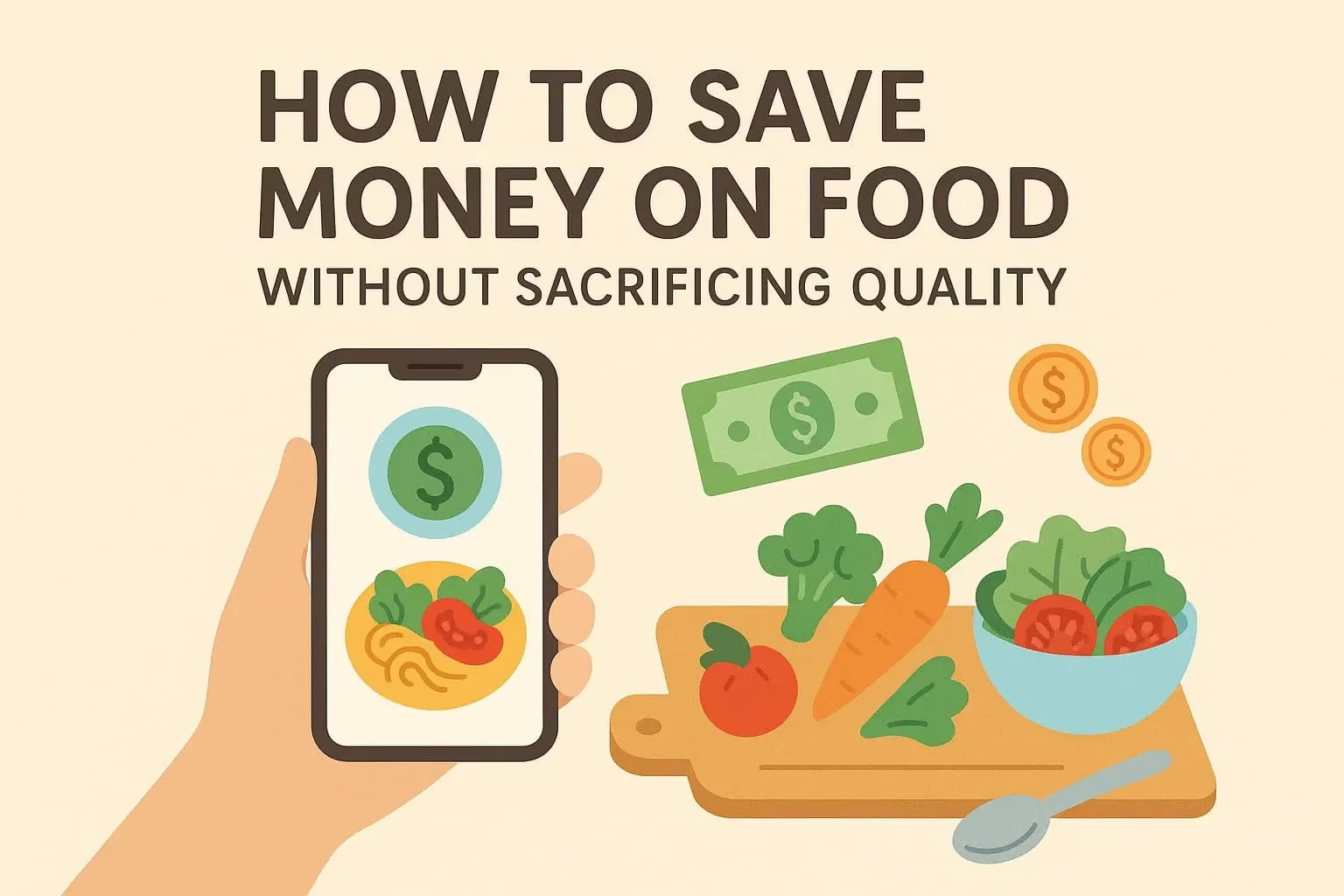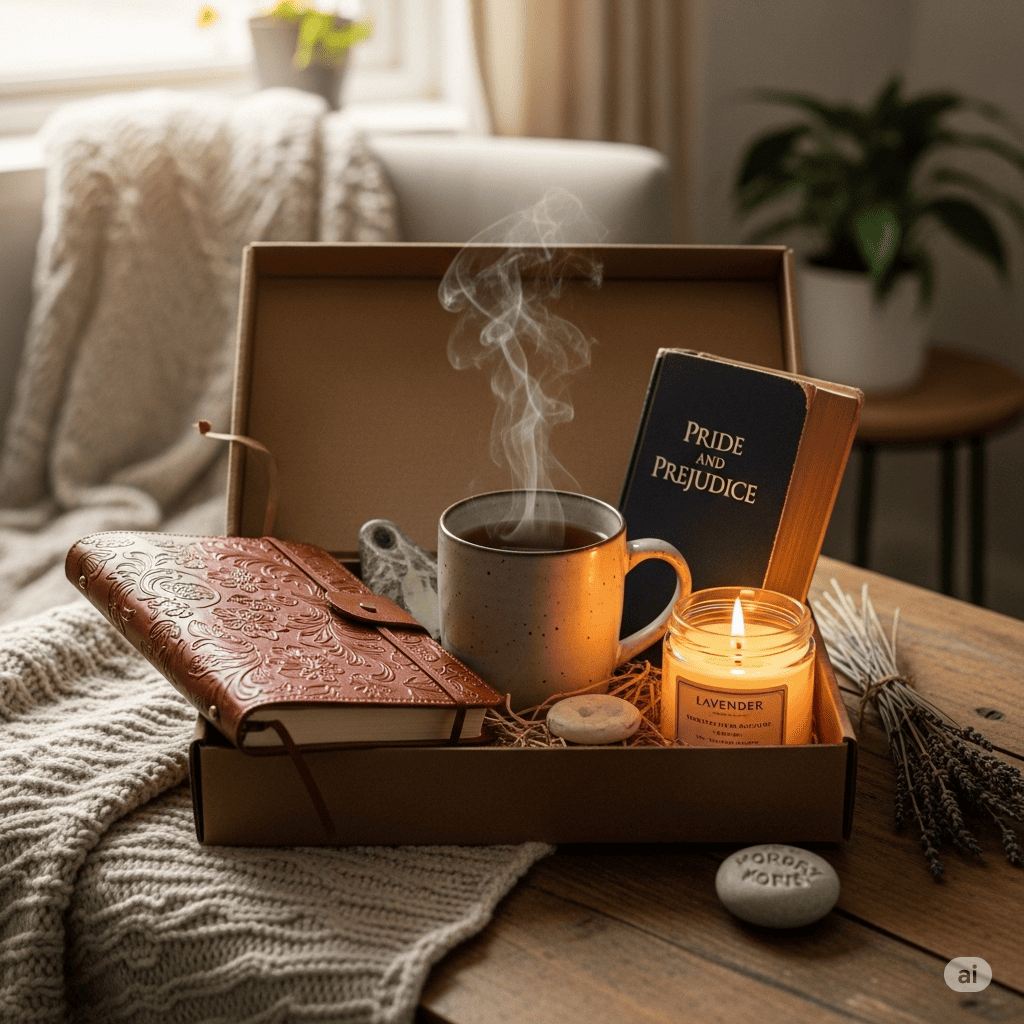In a world that celebrates being constantly connected, productive, and social, choosing solitude can feel radical. Many people associate being alone with loneliness or isolation — but when practiced intentionally, solitude is one of the most healing and energizing forms of extreme self-care.
Alone time isn’t about withdrawing from the world out of fear or sadness. It’s about creating space to return to yourself — to listen, reflect, recharge, and reset.
In this article, you’ll discover why solitude is essential to your well-being, how it differs from loneliness, and how to embrace it as a sacred part of your daily life.
What Is Solitude?
Solitude is intentional, peaceful time spent alone — without the pressure to perform, entertain, or be “on” for anyone else. It allows you to reconnect with your thoughts, emotions, and physical body without distraction.
Unlike loneliness (which is marked by longing for connection), solitude is chosen and nourishing.
It’s the space where self-awareness, creativity, and emotional healing thrive.
Why Solitude Is a Vital Part of Extreme Self-Care
We often focus on doing more: more tasks, more output, more engagement. But constantly giving your energy to others — even people you love — can leave you depleted.
Solitude offers:
- Mental clarity
- Emotional grounding
- Creative inspiration
- Spiritual connection
- Freedom from external expectations
It’s a reset button for your nervous system.
Signs You’re Craving Solitude
Not everyone realizes when they need alone time. Here are some subtle signs:
- You feel overstimulated by conversations or noise
- You’re easily irritated by small things
- You feel drained even after being with people you like
- You can’t think clearly or hear your own inner voice
- You fantasize about disappearing for a few days
- You’re not enjoying your usual social routines
These signs don’t mean something is wrong. They mean your energy needs a pause.
The Benefits of Solitude on Mind, Body, and Soul
1. Mental Clarity
Without external chatter, your thoughts can settle. You can reflect, problem-solve, and make decisions more easily.
2. Emotional Processing
Solitude gives you space to feel your emotions fully — joy, grief, anger, gratitude — without needing to explain or justify them.
3. Increased Self-Awareness
Spending time alone helps you understand your needs, patterns, and desires. You can ask yourself: Who am I when no one is watching?
4. Spiritual Connection
Many spiritual traditions emphasize silence and solitude as a path to deeper connection — whether that’s with nature, the universe, or your inner self.
5. Rest and Nervous System Reset
Being alone in a calm environment allows your nervous system to down-regulate and shift out of chronic fight-or-flight mode.
How to Practice Restorative Solitude
You don’t need a cabin in the woods or a weekend away. You can integrate solitude into your daily routine, even in small ways.
1. Create a Solitude Ritual
Set aside a consistent time each day — even just 10–30 minutes — where you are fully alone and undistracted.
Options:
- Morning silence before checking your phone
- A solo walk without headphones
- Journaling at the end of the day
- Sitting in nature or by a window
- Practicing deep breathing or meditation
Let this be your space, where no one else’s needs take priority.
2. Disconnect to Reconnect
Use solitude to take a break from digital noise. Turn off notifications, leave your phone in another room, or go completely screen-free during your alone time.
Give yourself permission to be offline — from apps, expectations, and opinions.
3. Lean Into the Discomfort
At first, being alone with yourself might feel unfamiliar or even uncomfortable. That’s normal. Many people are used to filling silence with activity or interaction.
Instead of escaping, try asking:
- What am I feeling right now?
- What thoughts keep coming up?
- What have I been avoiding?
Solitude is where emotional honesty becomes possible.
4. Use the Time to Refill, Not Just Rest
Solitude isn’t just for recovery — it’s also a time to engage in soulful, joyful activities that recharge you.
Try:
- Reading a book just for pleasure
- Listening to music that moves you
- Drawing, writing, or crafting
- Preparing a meal just for yourself
- Practicing gratitude or visualization
Let it feel sacred, not selfish.
Solitude vs. Isolation: Know the Difference
It’s important to distinguish healthy solitude from painful isolation.
| Solitude | Isolation |
|---|---|
| Chosen and intentional | Unwanted or forced |
| Feels nourishing and peaceful | Feels empty or hopeless |
| Used to reconnect with self | Feels disconnected from everyone |
| Ends with more energy and clarity | Leads to deeper emotional fatigue |
If you’re feeling isolated, it may help to seek support from a therapist, coach, or community. Solitude should leave you feeling whole, not hollow.
How Often Should You Practice Solitude?
There’s no universal rule, but most people benefit from daily or weekly moments of intentional solitude.
Start small:
- 10 minutes of silence in the morning
- One evening a week without social plans
- A few hours on a weekend to do something alone
What matters most is consistency — treating solitude as a non-negotiable part of your self-care, not an afterthought.
Final Thought: Being Alone Is a Superpower
Solitude is not weakness. It’s strength.
In solitude, you remember who you are. You rebuild your energy. You discover your own voice, your own rhythm, your own joy.
In a noisy world, choosing to be alone — to listen inward instead of outward — is an act of courage. A practice of clarity. A return to peace.
So take the walk alone. Sit with your breath. Step away from the noise.
The version of you that thrives in silence? That’s the real you.






